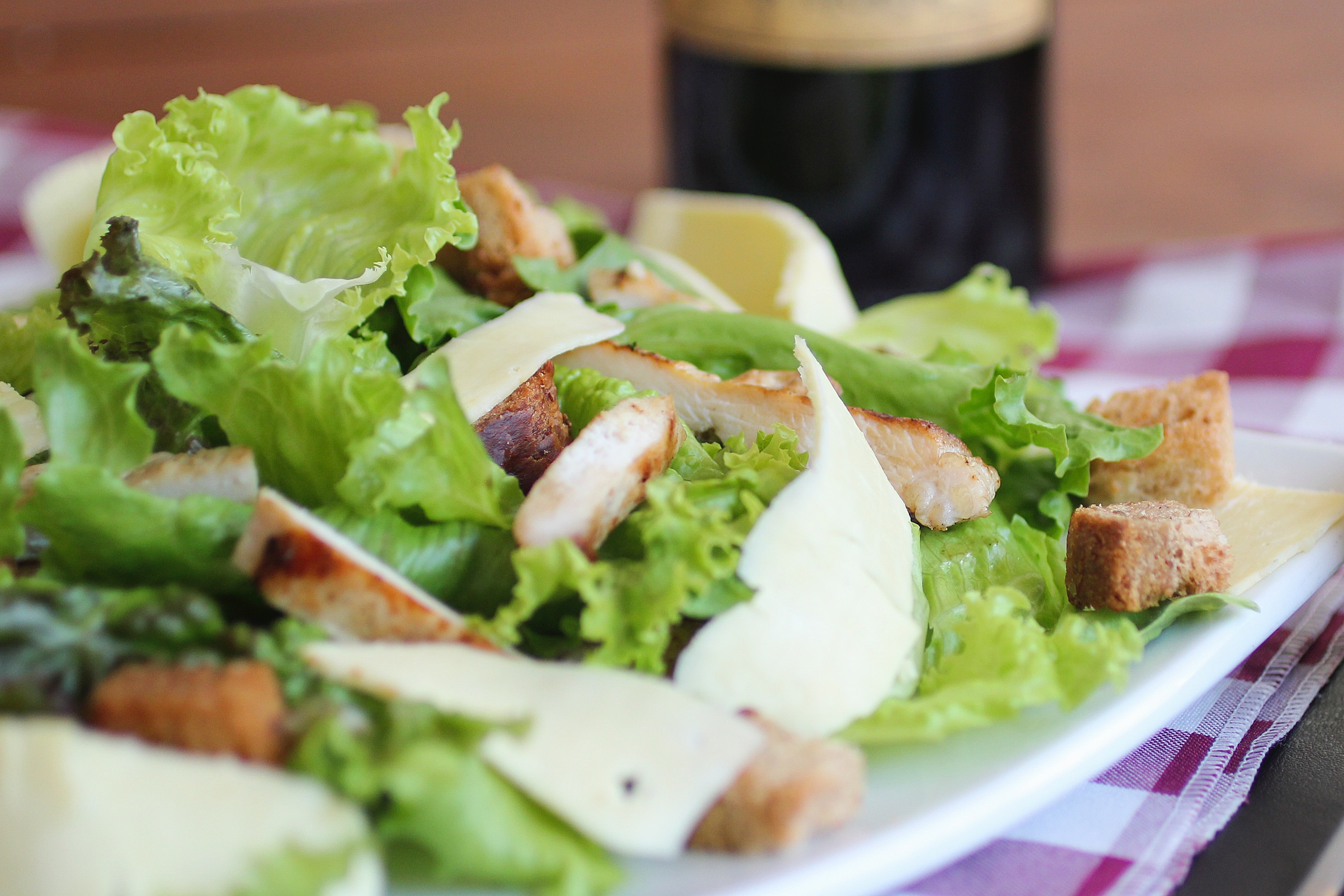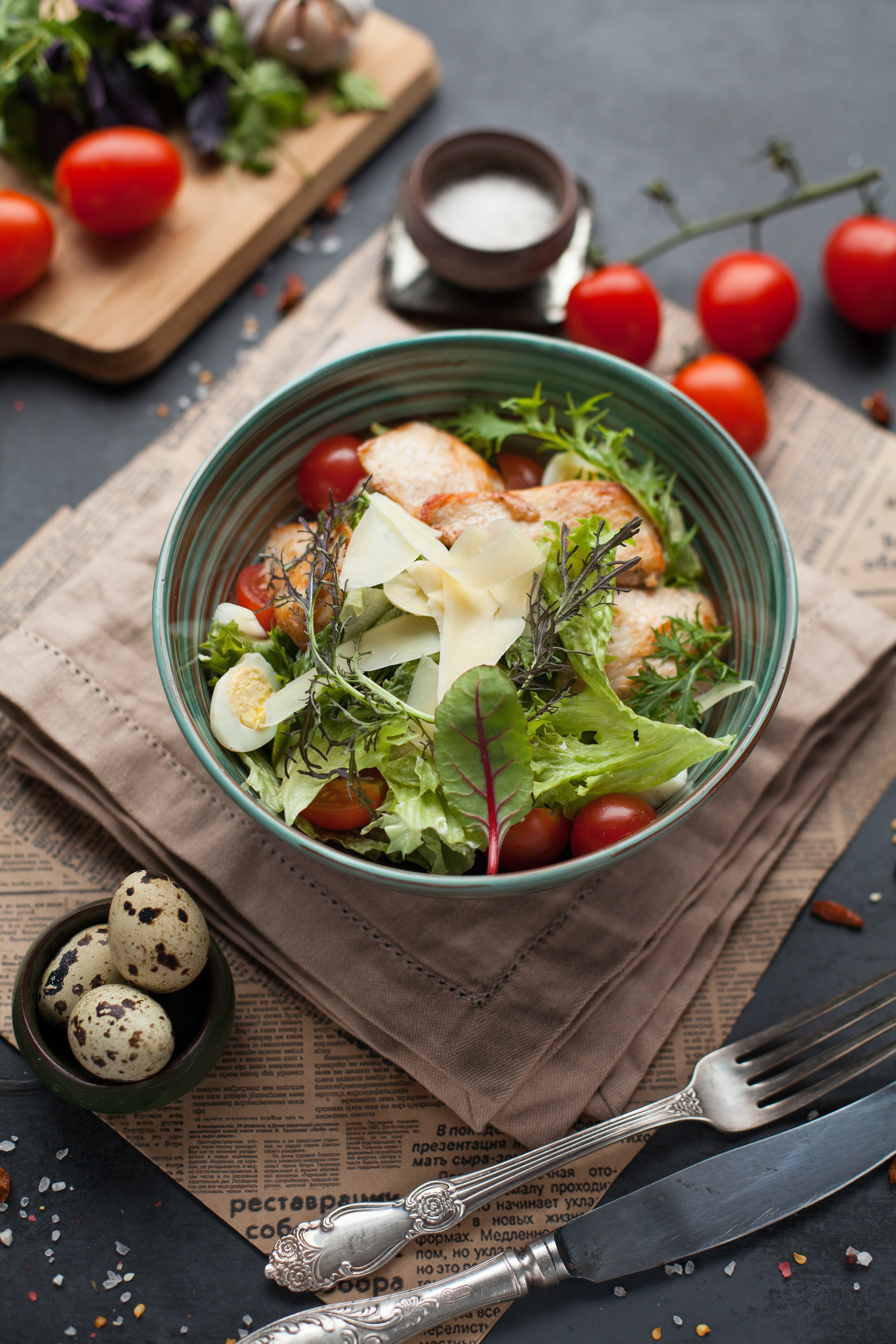TESTFEATURE
This is a test feature that should have all of the content options within it.
The sticky issue of authenticity has reared its pedantic head before in this column. Does it matter that ragu bolognese would never have originally been served with spaghetti in its homeland, if we happen to like it like that? And if you stick a spoonful of Marmite in it, should you then call it something else (ragu à la Burton upon Trent?).
This would be the caption
But while the "original" ragu, if such a thing ever existed, is lost in the damp, fungi-scented mists of time, caesar salad, that emperor of the appetisers, proves a perfect test case – because the recipe comes to us straight from the horse's mouth. Or at least, the horse's daughter, for the facts behind the creation are thus: the dish was invented in 1924 in Tijuana by a restaurateur by the name of Caesar Cardini, apparently to relieve the pressure on his kitchen caused by pleasure-seeking Yanks looking for liquid refreshment across the border in this era of prohibition – it was prepared "tableside" by the waiters instead.
Here is the caption
The legendary American food writer Julia Child recalled the theatre of it: "my parents were so excited, eating this famous salad that was suddenly very chic. Caesar himself was a great big old fellow who stood right in front of us to make it. I remember the turning of the salad in the bowl was very dramatic. And egg in a salad was unheard of at that point." Child obtained the recipe from Cardini's daughter, Rosa, but from the moment it became popular, it assumed a life of its own. From chicken strips to caviar, there seems no end to the indignities people are willing to put this poor dish through. In this case, is it possible to improve on the original?
Portrait of Caesar?
Caesar's Salad
The "authentic" recipe, or at least, the first one, is given by Tamasin Day-Lewis in her book, All You Can Eat (which, despite its name, is not a homage to American gluttony, more's the pity). It seems to have surprisingly few ingredients – certainly in comparison to the gloopy bottled "Original Caesar Dressing" my parents deployed to coax lettuce down my infant self.
H3 Caesars salad
Cos lettuce leaves are tossed with a mixture of garlic-infused olive oil, egg, lemon juice and Worcestershire sauce, and then topped with some garlicky croutons and a light grating of parmesan cheese – and a star is born. The real thing is lighter and tangier than I'm expecting, and distinctly less savoury – it's enjoyable, but I'm not sure if it would cause a such a sensation these days, when even Boots the Chemist sells more daring lunchtime fare.
"my parents were so excited, eating this famous salad that was suddenly very chic"
Although I don't approve of the vinegar they put in (too astringent), I prefer the Leith's Cookery Bible vinaigrette-style method, whisking them all together before adding them to the salad: as the result is slightly thicker, it coats the leaves better. Everyone except Alice Hart uses a coddled, or very briefly cooked egg in their dressing, in obedience to Cardini – this is supposed to help thicken it, but, comparing the two, I can't tell the difference, and her raw egg yolk is far less effort.
Salad
O cool in the summer is salad,
And warm in the winter is love;
And a poet shall sing you a
ballad
Delicious thereon and thereof.
by Alan Poet
"my parents were so excited, eating this famous salad that was suddenly very chic"
About the author
A bookish booky boy.


